On the 11th October the European action day against the Transatlantic Trade and Investment Partnership (TTIP) took place. The Global Young Greens support the fight against TTIP but also oppose all the Free Trade Agreements that are currently negotiated in the world and that are based on the same logic of destroying the so-called non-tariff barriers (social and environmental protection laws) in order to increase the corporations’ profits.
Free Trade Agreements such as TTIP are based on the idea that social and environmental laws are obstacles to trade and economic growth. We think these laws are protecting lives of the people, in particular health, food, labour, product safety, environment, social standards as well as privacy standards. More than destroying these protections, we need to improve them.
Free Trade is not Fair Trade. Only big corporations will benefit from free competition and local businesses will be the first victims of these Free Trade Agreements. Free trade agreements accelerate the appropriation and the destruction of natural resources, which are often the basis of local economy, by international corporations, especially in the Global South.
Free Trade increases both global and local inequalities. Instead of complete liberalisation, Global Young Greens stand for a global regulation in social, environmental but also fiscal fields. At the moment, states lose many tax revenues due to a lack of control of the financial sector. This especially applies to states of the Global South. Actual efforts to introduce a financial transaction tax or limiting tax heavens can be undermined by this agreement. A regulation of the financial sector could lead to much more stability than this agreement will probably do.
Free Trade Agreements also represent a threat to democracy. Investor-to-state dispute settlement (ISDS) mechanisms in many trade agreements (such as TTIP, CETA and TISA) allow foreign investors to bypass domestic courts and to file their complaints directly with international arbitration tribunals, often composed of corporate lawyers. If an arbitration tribunal concludes that democratically determined policies might narrow an investor’s projected profits, it could oblige a government to pay billions in damages. This would disastrously limit the democratic freedom to legislate on environmental, health, financial and other matters.
Some corporations already threatened to use ISDS to fight Quebec decision to ban shale gas, German decision to phase out nuclear energy or Egyptian decision to raise minimum wage because these decisions would narrow their profits.
The here mentioned impacts are not acceptable. We thus keep our stand on continuing multilateral negotiations on global trade standards and alter-globalization. Protecting social and environmental laws but also democracy and transparency should be a priority for all governments. GYG will continue their efforts to put these principles in the heart of political decisions.
Wanna now more about TTIP ? Take a look at this infography made by French Young Greens, in English, in French, and in Chinese.
Sources:


